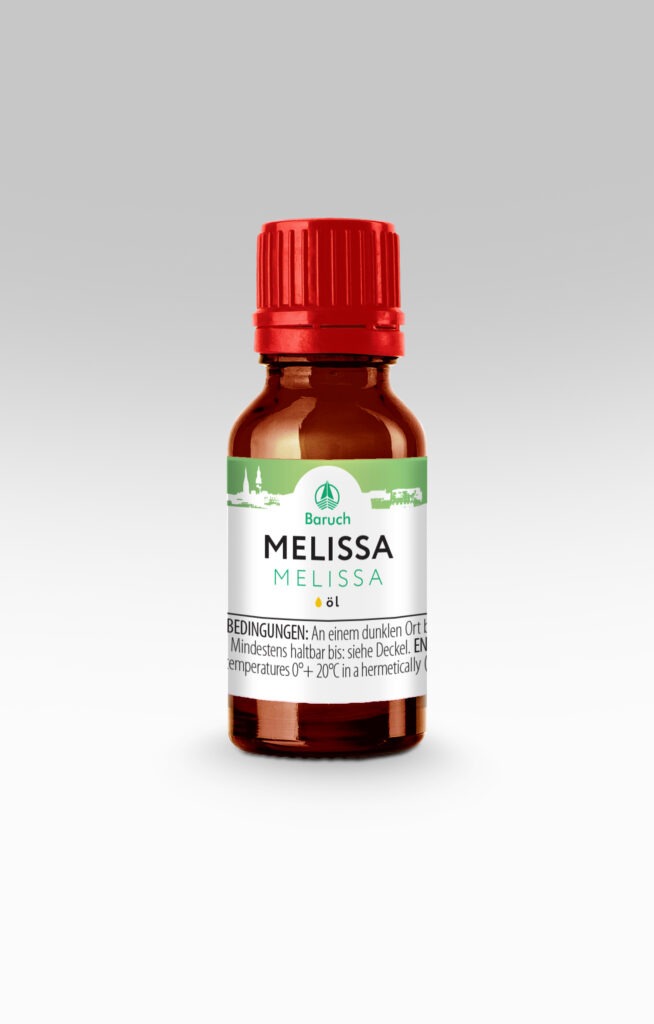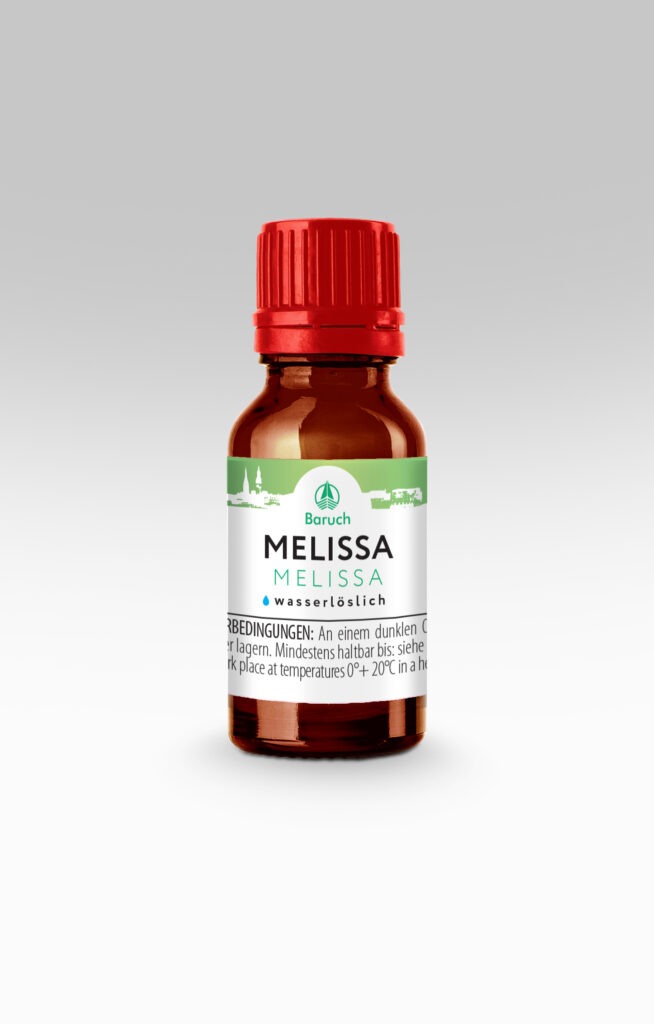Whether lemon balm, lemon mint or Melissa officinalis. All of this is one and the same plant.
Lemon balm CO2 extract has a fairly unique set of medicinal properties. It has been proven that essential oils and lipophilic extracts, including CO2 extract, have a pronounced sedative effect and can be classified as “small tranquilizers” in terms of their effect. For stress, as antispasmodic, preparations based on lemon balm extract are recommended. They are also used as antidepressants, immunomodulators, and antiviral supplements.
Lemon balm is actively used in cooking and food production as a spice and as a natural flavoring for tea, vinegar and alcoholic beverages. It is also recommended to add it as a filling when canning vegetables. It should be noted that vegetable raw materials and subcritical CO2 extracts have active taste and aroma properties and corresponding biological activity. This is because when subjected to a temperature treatment above 70 ° C, many of the unique compounds that are characteristic of lemon balm break down.
Products with CO2 extract from lemon balm can be recommended as special foods for the following conditions: neuroses, mild forms of coronary artery disease, chronic gastrointestinal diseases, dyskenia, toxicosis, pregnancy, immune deficiency, diabetes mellitus, obesity. Melissa officinalis may be used in the medicinal nutrition of children without restrictions.
CO2 extract from lemon balm “Biozevtika” is an oily liquid of yellow color with a pleasant, characteristic odor, which is dominated by floral and citrus notes. In the course of gas chromatographic-mass spectrometric investigations, more than 500 compounds were examined in terms of their composition, of which more than 200 were identified.


Chart 1. Main ingredients of lemon balm CO2 extract
| NAME | CONTENT IN% OF THE AMOUNT OF VOLATILE COMPONENTS | EFFECT |
|---|---|---|
| Quercitin | 1,4 | Included in the group of vitamins F has antioxidant, spasmolytic, antidiuretic, antitumoral and antiallergic effects. |
| Geranial | 0,4 | Has a diuretic, antihypertensive, active fungicide, natural antibiotic. Used in perfumery. |
| Beta-caryophyllene | 0,3 | Mainly used as a natural flavoring agent. Antiseptic. |
| Linalool | 0,4 | Antimicrobial. Component in perfumery. |
| Rosmarinic acid | 1,2 | Antiviral, immunomodulator, antioxidant, anti-inflammatory, transdermal transporter. |
| Caffeic acid | 0,7 | Anti-inflammatory, antioxidant. |
| Beta-carotene | 0,8 | Provitamin A, a powerful antioxidant, especially in combination with unsaturated fatty acids. Reduces the risk of heart disease. Protects the skin from burns and UV radiation. Indispensable ingredient for eye health. |
| Daucosterol | 0,5 | Cholesterol neutralizer, immunomodulator, sedative. It is useful for rejuvenating the skin. |
| Palmitic acid | 15 | Unsaturated fatty acid for water repellency in cosmetics. |
| α- and β-linolenic acid | 1,6 | Unsaturated. An essential fatty acid from the class of omega-3 fatty acids. It has a membrane protecting, angioprotective effect. Immunomodulatory, improves brain metabolism. |
| Linoleic acid | 0,7 | An essential unsaturated fatty acid of the omega-6 class. It has anti-inflammatory, vasoconstrictor, and aggregating effects. If there is no balance between omega-3 and omega-6 fatty acids, competitive processes can arise that influence the metabolism. |
In cosmetics based on CO2 extract, lemon balm is recommended as an additive with the following properties:
- anti-inflammatory and antiseptic;
- normalization of the sebum glands;
- Treatment of acne, rashes, acne, post-acne, eczema, dermatitis;
- improves the complexion and helps smooth out wrinkles, remove peeling.
It should be noted that the most promising use of CO2 extract from lemon balm is for oily and problematic skin. With dry skin, it is necessary to significantly reduce the rate at which the extract is incorporated into cosmetic products.
Chart 2. Application rates, recommendations for the use and storage of lemon balm CO2 extract
| Food usage rates | Item А100: 0.003% (30g per ton) Water-soluble microemulsions EMA1: 0.3% (3l per 1000l or 3ml per liter) |
| Application rates in cosmetics | Item А10: 1-3% Item А100: 0.1-0.3% |
| Recommendations for use | It is recommended to add CO2 extracts in the final stages of preparation, in the cooling phase of the end product. |
| Storage advice | It is recommended to store CO2 extracts in a closed container in a cool room and avoid direct sunlight. |
Historical reference
Eau de Melissa, which means “lemon balm” in French, was Cardinal Richelieu’s most popular snuff (or, as they would say, aromatherapy), best known for the novel “The Three Musketeers” by Alexandre Dumas. Legend has it that he always carried a bottle of lemon balm water with him to heal his heart and banish migraines caused by fear resulting from the need to rule the most powerful state at the time.
